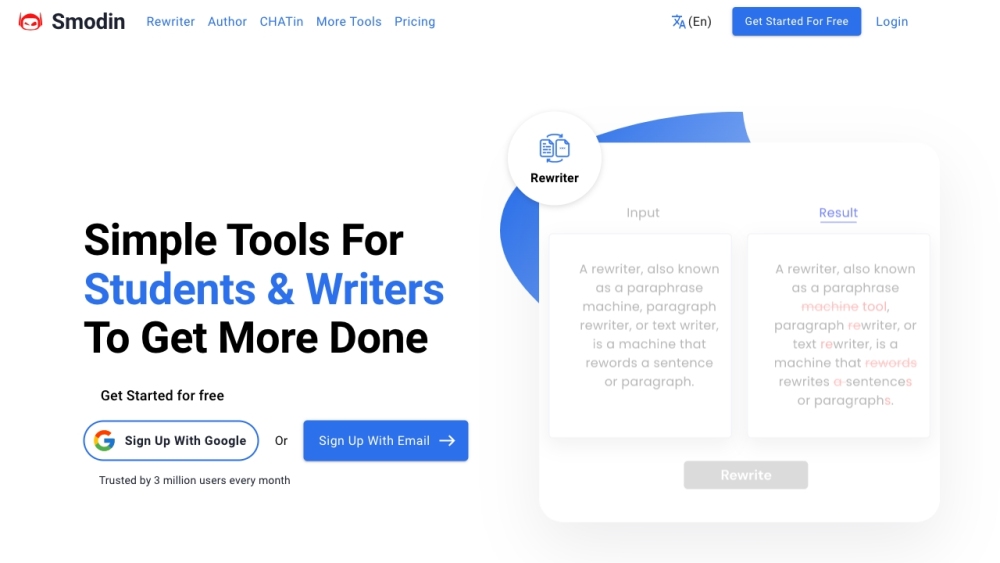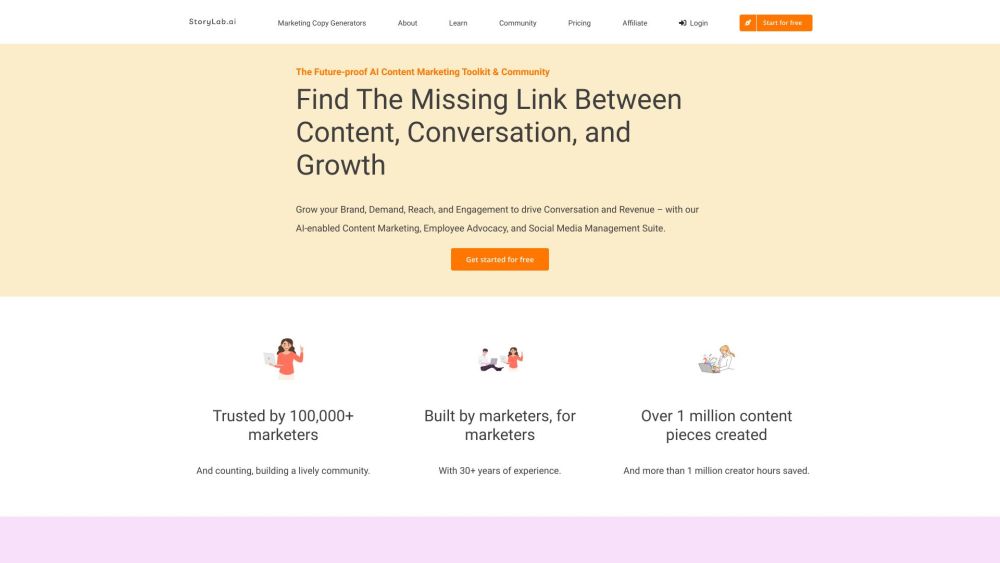As generative AI becomes increasingly integrated into our daily platforms, the discussions surrounding credit and compensation for AI-generated works are gaining momentum.
YouTube is currently negotiating licensing agreements with record labels to utilize musicians' voices in crafting new music that reflects their unique styles. Concurrently, some AI art platforms are exploring ways to remunerate artists for the data they contribute, which is used to train these AI systems.
However, a pressing question remains: how should writers be acknowledged and rewarded for AI-generated content that emulates their writing style? This dilemma is highlighted by Grammarly's upcoming feature, "Personalized Voice Detection and Application," set to launch for business tier subscribers by year's end. This innovative tool automatically identifies a user's distinctive writing style and creates a “voice profile” to rewrite any text in that particular style.
"Grammarly functions across various applications, allowing us to grasp a user's unique style and communication preferences, thereby generating a personalized profile," said Tal Oppenheimer, head of product for Grammarly’s client applications, in an email interview. “We build this profile as users interact with our product.”
Each profile includes an AI-generated description that outlines what Grammarly perceives as key characteristics of the individual's writing style—terms like "positive" or "encouraging." Users have the option to adjust aspects of the profile, such as tone and style preferences, to better reflect their authentic voice, which might include elements like an inclination towards active voice or complex sentence structures.
Grammarly's voice profile feature employs generative AI to closely align with a person's writing style.
“As this is just the initial rollout of our personalized voice capabilities, we plan to enhance them over time, taking user feedback into account to better meet our customers' needs,” Oppenheimer added.
While Grammarly presents this technology as a means for writers to enhance their work’s personalization, there are concerns about its potential misuse. Imagine a situation where a company utilizes a Grammarly voice profile while a writer is on leave or has been dismissed, publishing blog posts under their name without their consent and without compensation. Alternatively, envision a scenario where a voice profile is exploited for sophisticated phishing attacks.
Such instances are not merely hypothetical. In August, author Jane Friedman discovered that new books bearing her name—books she did not write—were for sale on Amazon, seemingly generated by AI. (Amazon later removed these fraudulent listings and stated that their policies prohibit such imitations.)
Grammarly isn't alone in addressing writer protections in the age of generative AI. Recently, thousands of authors signed an open letter expressing their concern over generative AI tools that “mimic and regurgitate” their “language, stories, style, and ideas.” In addition, writers in California and New York have initiated legal action against OpenAI, claiming that the company trained its text-generating AI on their works without consent, leading to alleged intellectual property theft.
To be fair, not everyone can access a Grammarly voice profile. Initially, individual users can only utilize their own profiles. Exporting other profiles is not permitted.
Nevertheless, I harbor concerns about the future evolution of voice profiles, particularly given Grammarly’s focus on cost savings in its marketing. It's conceivable that a Grammarly-subscribed business might eventually seek access to all its writers' profiles. Can we be assured that Grammarly would refuse such requests?
Oppenheimer emphasized that voice profiles "aren’t designed to replace anybody."
"Rather than duplicating writers, [voice profiles] assist them in understanding their voice, crafting more personalized content, and expressing themselves authentically."
I remain skeptical, wary of the implications.
The “Personalized Voice Detection and Application” feature joins Grammarly's suite of generative AI tools, many of which are now widely available. With over 30 million users and more than 70,000 teams, Grammarly reports that users generate over 12 million content pieces weekly using these innovative features.




